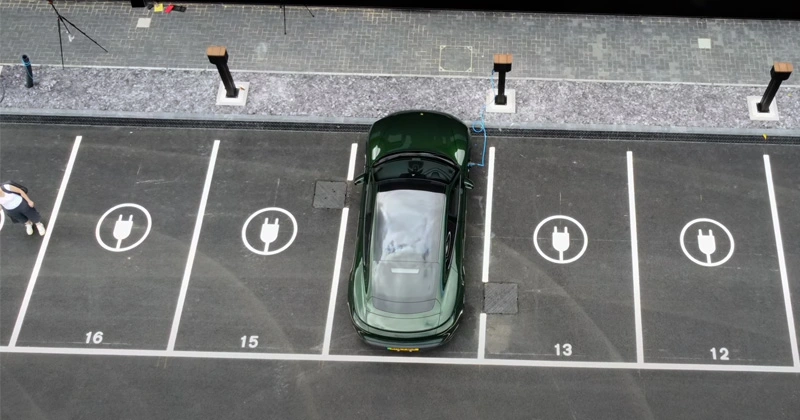Ever wondered if switching to an electric vehicle could save you money? You’re not alone. As gas prices fluctuate and environmental concerns grow, more people are asking: Is electric car cheaper than gas?
Let’s dive into the numbers and see how electric vehicles (EVs) stack up against their gas-powered counterparts.
Upfront Costs: Is Electric Car Cheaper Than Gas Initially?
When you first look at price tags, EVs often come with a higher sticker price. But don’t let that scare you off. Many governments offer incentives and tax breaks for EV purchases. These can significantly reduce the initial cost gap.
Long-Term Savings: Where Electric Cars Shine
Here’s where EVs start to pull ahead:
- Fuel costs: Electricity is generally cheaper than gas
- Maintenance: Fewer moving parts mean less wear and tear
- Longevity: EV batteries are lasting longer than expectedOver time, these factors can lead to substantial savings.
Breaking Down the Costs: Electric vs. Gas
Let’s look at some numbers:
- Fuel efficiency: EVs convert about 77% of electrical energy to power at the wheels
- Gas cars: Only about 12-30% of fuel energy reaches the wheels
This efficiency translates to lower “fuel” costs for EVs.
Hidden Savings: Tax Incentives and Rebates
Many governments offer:
- Tax credits for EV purchases
- Rebates on charging equipment installation
- Reduced registration fees
These incentives can make asking “Is electric car cheaper than gas?” a no-brainer in some cases.
The Varied Costs of EV Charging
In a recent article by Bloomberg, the cost of charging electric vehicles (EVs) varies significantly depending on the charging method. Charging at home remains the most economical option, with rates as low as $0.09 per kWh under a dedicated EV tariff, potentially saving drivers in the UK around $1,200 annually compared to fueling a gasoline vehicle.
However, the cost escalates when relying on public fast chargers. For instance, in the UK, the price for fast charging has surged to $0.97 per kWh, which means drivers who primarily use fast chargers could end up paying $1,000 more annually than those fueling with gas. This stark contrast in charging costs underscores the importance of home charging solutions, especially for apartment dwellers who may face challenges in accessing home charging infrastructure

Charging Challenges: The Apartment Dweller’s Dilemma
One hurdle for potential EV owners is charging access. Especially for apartment dwellers. This is where innovative solutions like Wevo Energy’s EV Charging Management Platform come in.
Wevo Energy: Revolutionizing EV Charging for Multi-Unit Residences
Wevo Energy offers a robust and user-friendly solution for managing charging infrastructure. The Wevo Energy platform:
- Simplifies charging for apartment residents
- Helps property managers efficiently manage EV charging
- Makes the switch to electric more accessible for everyone.
Learn more about our game-changing solutions.
The Verdict: Is Electric Car Cheaper Than Gas?
While the initial cost might be higher, the long-term savings of EVs are hard to ignore. With lower fuel and maintenance costs, plus available incentives, electric cars often work out cheaper than gas over their lifetime. Factor in the environmental benefits, and the question “Is electric car cheaper than gas?” starts to look like just one of many reasons to make the switch. Remember, the exact savings will depend on your specific situation. But with solutions like Wevo Energy making charging more accessible, going electric is becoming a slot online smart choice for more and more drivers. So, is electric car cheaper than gas? In many cases, the answer is a resounding yes.
Ready to make the switch to cost-effective, eco-friendly driving?
Let’s explore how Wevo Energy can help you maximize your EV charging savings, especially if you live in https://www.intiman.org/ an apartment or multi-dwelling unit.


